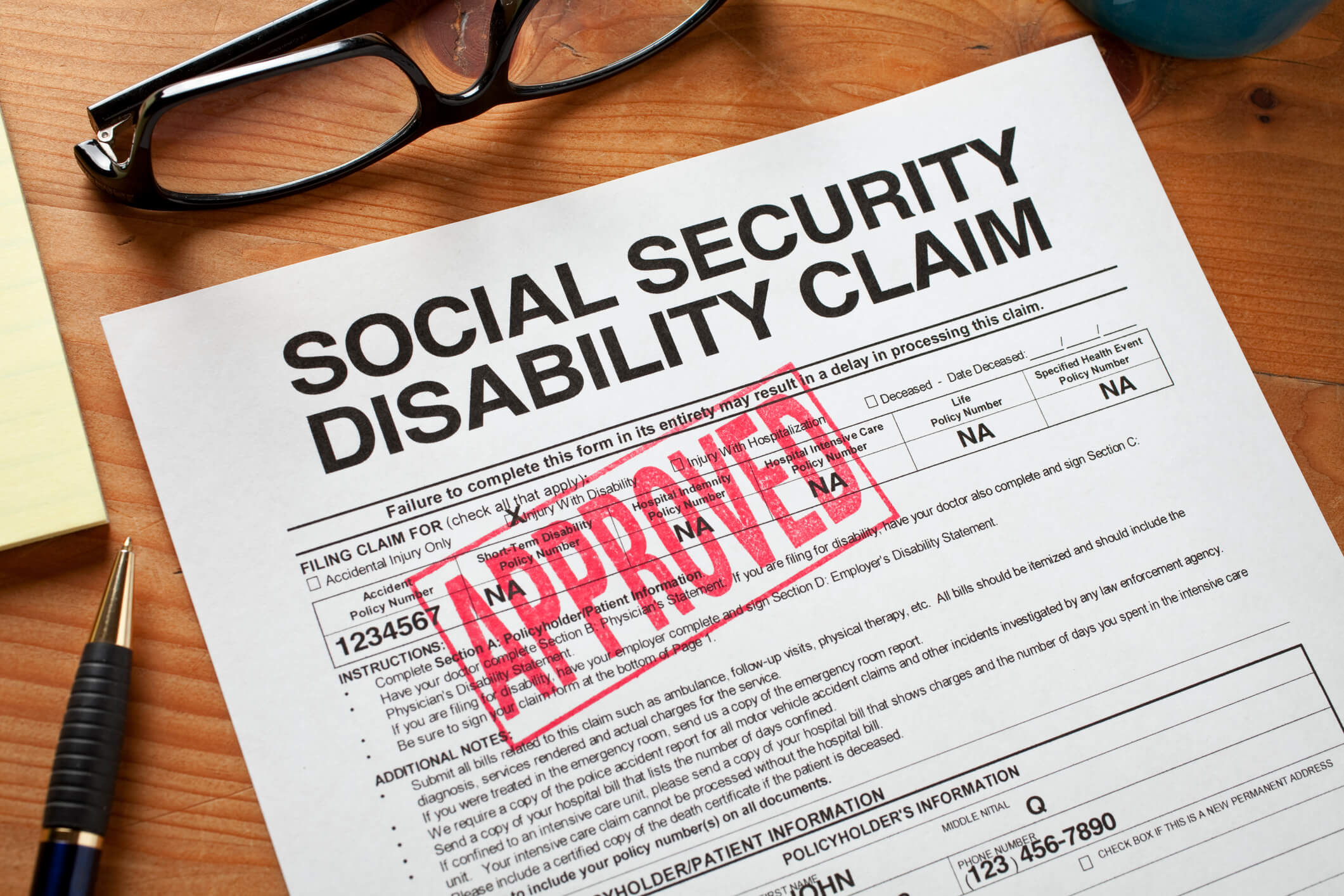Whether you’re applying for Social Security disability benefits for the first time or appealing a denial, there are steps you can take to increase your chances of success. The first thing you should do before initiating either process, however, is seek the guidance of an experienced Michigan disability law attorney. With a disability law attorney by your side, you can rest assured that your application or appeal will be handled in the most thorough and effective manner possible. Below are additional tips for a successful Social Security Disability claim.
Meet your deadlines – Following a denial of Social Security disability benefits, you have, typically, 60 days to appeal the decision. Remember to pay close attention to the reason for your denial and the appeal deadline you will have to follow. In addition, there are deadlines for submitting paperwork and attending medical appointments. A great way to ensure that you meet all deadlines is to hire a Michigan disability law attorney to guide you through the process.
Report your symptoms accurately – Some individuals who apply for Social Security disability benefits exaggerate their symptoms. This isn’t a good idea. When applying for Social Security disability benefits, make sure you accurately report your symptoms. Incorrect information can result in a denial.
Follow your doctor’s treatment orders – Comply with the course of treatment recommended by your doctor. Examples of treatment could include prescribed medications, counseling recommendation, and physical therapy sessions. The failure to comply with a doctor’s orders is a common cause of Social Security disability benefits denials. If there are legitimate reasons why you are not following your treatment plan assigned by your doctor, such as rational fear, it is important to document these reasons and consult with an experienced attorney about your unique situation and how to best position yourself to cover all bases.
Complete your application – When applying for Social Security disability benefits, fill out your application accurately and completely. This may include gathering additional documents to attach to your application. In order to accurately complete your application, you’ll need access to your medical records and will need to provide information about your work history. A Michigan disability law attorney can assist you in gathering these documents from the application process through any necessary appeals.
Hire a Michigan disability law attorney – Whether you are applying for Social Security disability benefits or appealing a denial, you need the assistance of a Michigan disability law attorney. The application and appeals processes are complicated, and those individuals who obtain legal counsel prior to beginning either process drastically improve their chances of success. With an experienced attorney by your side, you can rest assured that you won’t miss any important deadlines or fail to properly submit any required documentation. Therefore, if you’d like to receive disability benefits but don’t know how to apply, or if you’ve been denied the benefits you are entitled to, the skilled disability law attorneys at Disability Law Group are here to help. At Disability Law Group, our experienced Michigan attorneys will assist with every step of the process, from filing the initial application to appealing your denial in court, if necessary, ensuring no deadlines are missed and your interests are protected. From your very first call, and throughout the entire process, our experienced disability law lawyers will provide you with the exceptional service and compassionate treatment you deserve. At Disability Law Group, disability is all we do. Please contact us as soon as possible for a free consultation.








